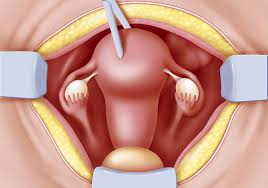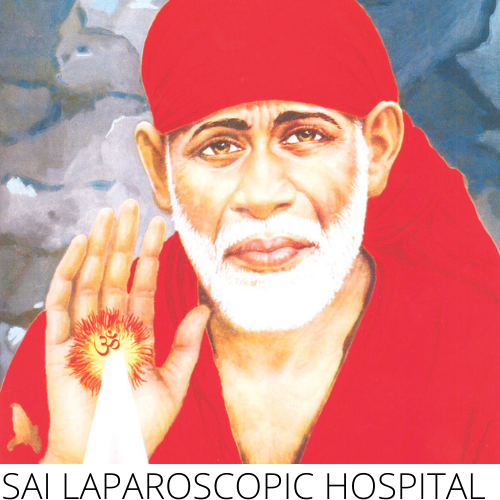TLH
TLH
Total Laparoscopic Hysterectomy (TLH) is the removal of the uterus and cervix through four small (1/2’- 1’) abdominal incisions. Removal of the ovaries and tubes depends on the patient.
To treat disease of the uterus
- Fibroids
- Endometriosis
- Infection in the ovaries or tubes
- Pelvic pain
- Overgrowth of tissue in the lining of the uterus
- Abnormal vaginal bleeding

Before the Procedure
Your physician will also conduct a full physical exam—including blood and imaging tests.
Always tell your health care provider or nurse what drugs you are taking, even drugs, supplements, or herbs you bought without a prescription.
During the days before the surgery:
- You may be asked to stop taking aspirin, ibuprofen (Advil, Motrin), warfarin (Coumadin), and any other drugs that make it hard for your blood to clot.
- Ask your health care provider which drugs you should still take on the day of your surgery.
On the day of your surgery:
- You very often will be asked not to drink or eat anything for 6 – 12 hours before the surgery.
- Take the drugs your health care provider told you to take with a small sip of water. Your health care provider or nurse will tell you when to arrive at the hospital.
Total Laparoscopic Hysterectomy (TLH)
Once in the operating room, you will receive either a spinal and/or general anesthesia before the surgery to keep you from feeling pain. The choice of anesthesia is a decision that will be made by anesthesia based upon your history and your wishes. If you receive a general anesthesia, after you are asleep and before the surgery starts: a tube to help you breathe will be placed in your throat.
Another tube will be placed in your stomach to remove any gas or other contents to reduce the likelihood of injury during the surgery. The tube is usually removed before you wake up.
A catheter will be inserted into your bladder to drain urine and to monitor the amount of urine coming out during surgery.
Compression stockings will be placed on your legs to prevent blood clots in your legs and lungs during surgery.
Recovery
You will be taken to the recovery room and monitored for a short time before going to the observation unit.
Depending on the length of your surgery, you may not be able to eat or drink anything until the next morning or you will be started on a liquid diet. When you are feeling better you may return to a regular diet.
You may have cramping, feel bloated, or shoulder pain.
You may have a scratchy or sore throat from the tube used for your anesthesia.
You will:
- Be given medications for pain and nausea if needed.
- Have the tube in your bladder removed in recovery room.
- Have the compression stockings on your legs to improve circulation.
- Be restarted on your routine medications.
- Be given a small plastic device at your bedside to help expand your lungs after surgery.
- Start walking as soon as possible after the surgery to help healing and recovery.
- Stay in the hospital for 23 hours.
Risks
Although there can be problems that result from surgery, we work very hard to make sure it is as safe as possible. However, problems can occur, even when things go as planned. You should be aware of these possible problems, how often they happen, and what will be done to correct them.
Possible risks during surgery include:
- Bleeding
- Conversion to an open surgery requiring an up and down or Bikini incision.
- Damage to the bladder, ureters and to the bowel
- Blood clot in the legs or lungs
- Bowel obstruction
- Hernia
- Incision opens Infection
- Scar tissue
BETTER HEALTH CARE IS OUR MISSION
24/7 SERVICE. SAME DAY APPOINTMENTS ARE AVAILABLE.
9437306780/9861065328
health@sailaphospital.com
V4/3, Civil Township,Rourkela-04 769004
